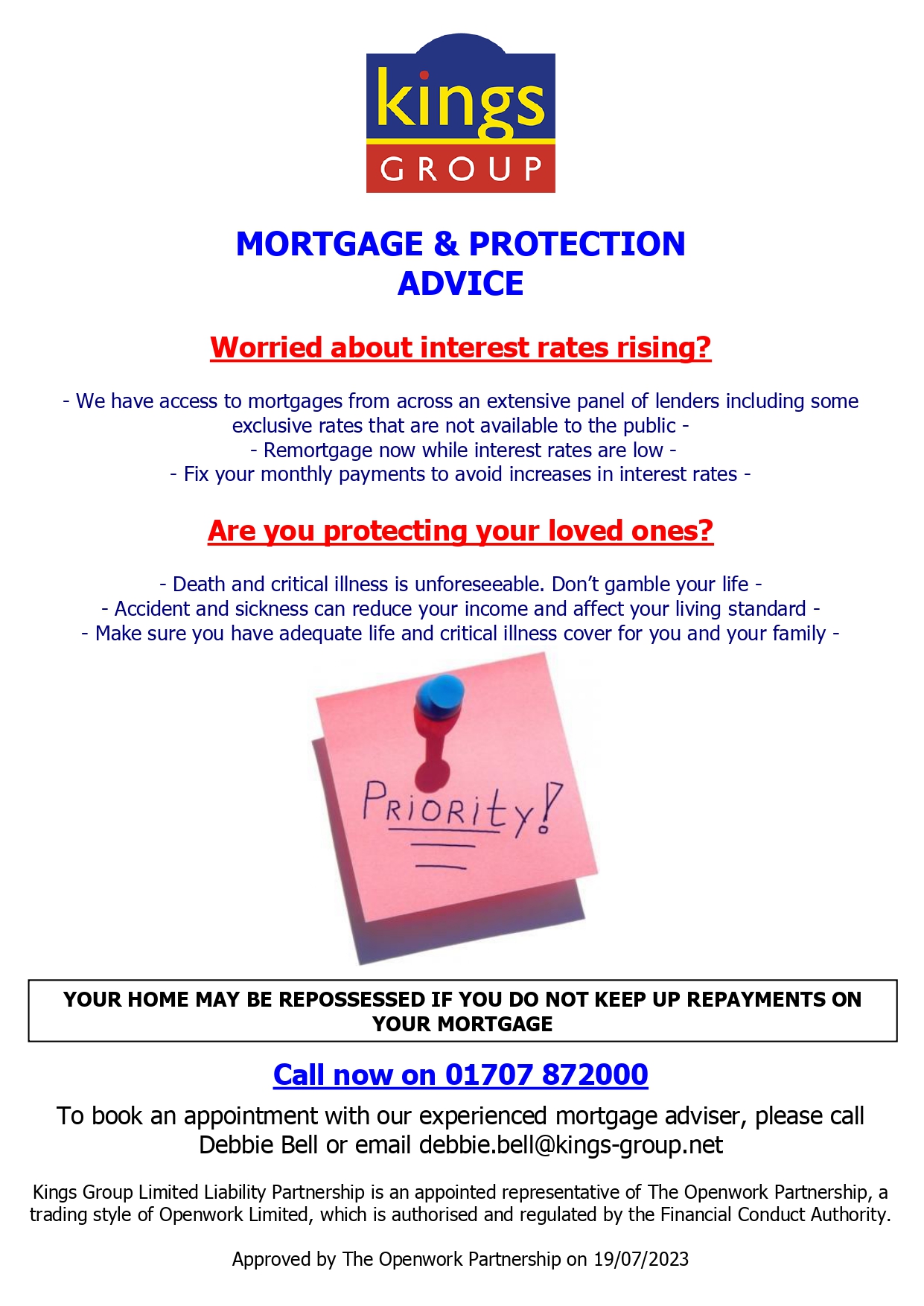
On January 8, just a few days before the Christmas truce on evictions was due to end, the government announced a fresh extension of the ban on tenant evictions – which has more or less been in place since just after the first lockdown began in March last year.
Here at Kings Lettings, we take a closer look at what was announced and what it means for landlords seeking to regain possession of their homes.
Ban prolonged
The government announced that the ban on bailiff-enforced evictions in England and Wales has been extended to at least February 21, at which point it will be reviewed again. Given the current situation, with Lockdown 3.0 set to last until March 31, it wouldn’t be surprising if the ban was extended again at that point.
Housing Secretary Robert Jenrick said landlords or agents acting on their behalf will still be able to enforce possession orders if tenants are more than six months in arrears, irrespective of when the arrears were accrued. This means, unlike before, they no longer have to pre-date Covid.
However, the actual process of eviction will still not happen for some time – these cases will go to court but still cannot be enforced by bailiffs. There remains a huge backlog of cases to be heard, and so landlords will have to come to terms with eviction or repossession being off the cards for quite a while yet.
There are, though, exceptions to the ban, which still apply as before. In the relatively small number of cases where domestic violence or serious anti-social behaviour is an issue, for instance, bailiff-enforced evictions can still take place.
Landlord groups have pointed out many people who let out homes do not own large property portfolios, and have also faced the same threat of losing their regular jobs as tenants – but haven’t had anywhere near the same financial support from government.
The National Residential Landlords Association (NRLA), the UK’s biggest landlord body, argued that ministers were ‘doing more harm than good’ by repeatedly banning repossessions. The association said this simply stacked up more tenant debt on top of their existing arrears.
The NRLA’s chief executive Ben Beadle said: “The repossessions ban is a sticking plaster that will ultimately lead to more people losing their homes. Instead, the government should recognise the crisis facing many tenants and take immediate action to enable them to pay their debts as is happening in Scotland and Wales. The objective should be to sustain tenancies in the long term and not just the short term.”
A new initiative for the private rented sector
At the same time as announcing the ban extension, the Ministry of Housing, Communities and Local Government also said in a statement that it was launching a new mediation pilot to further support landlords and tenants who face court procedures and potential evictions from next month (February).
“It will offer mediation as part of the possession process to try and help landlords and tenants to reach a mutual agreement and keep people in their homes,” the statement said.
“Helping to resolve disputes through mediation will?enable courts to prioritise urgent cases, supporting landlords and tenants to resolve issues quickly without the need for a formal hearing. The mediation pilot will work within the existing court arrangements in England and Wales.”
Propertymark – the umbrella organisation behind ARLA and NAEA – has backed the plans from Jenrick and his team to create a mediation service to arbitrate in disputes between tenants and landlords, despite details on the pilot still being light. But it was more frustrated with the lack of updates from the government on the eviction ban, which made it difficult for agents and landlords to plan ahead.
Mark Hayward, Propertymark’s chief policy adviser, commented: “In light of the recent lockdown, it is no surprise the UK government has made [the] announcement. Yet over the past few weeks the UK government has held off updates about evictions to the sector making it impossible for agents to respond and plan for the difficult winter months ahead.”
He added: “The whole of the private rented sector has been impacted as a result of Covid-19, but we must recognise that the courts already faced a backlog of cases prior to the pandemic.”
“Although the new mediation pilot will help it is important to take steps back towards normality so that both landlords and tenants have access to the justice system, while putting measures in place to offer further support to tenants who have built up Covid-related arrears through no fault of their own.”
A quick summary of the eviction ban
At the start of the first national lockdown in spring last year, on March 27 to be precise, evictions were banned, with the government extending the notice period landlords must give from three to six months.
After a number of extensions, the courts finally started hearing cases again in September, just before the UK’s second wave of coronavirus started to bite. But there was a huge backlog of cases to work through, and the most serious cases - such as those involving domestic violence or anti-social behaviour – were prioritised.
Before long, the government was advising bailiffs to not carry out evictions in areas with local lockdowns or in the highest tiers of its original tiered system. Then came the November lockdown – or Lockdown 2.0 – where bailiffs were once again advised not to carry out evictions. This was shortly followed by the start of the Christmas truce – from December 11 to January 11 – and now the fresh extension of the ban to at least February 21, with a high likelihood that this will continue beyond that.
While this is highly frustrating for landlords who need to evict tenants, or regain possession of their property to sell it on, the current situation makes it sadly inevitable.
If you are a landlord looking to sell one, or more, of your properties, you may want to consider holding off until the situation is calmer again. Alternatively, there is an increasing trend for selling with sitting tenants – particularly at auction – which negates the need for an eviction and provides the buyer with ready-made, guaranteed rental income.
None of this is easy, but here at Kings Lettings we are here to help you get the most from your rental homes. The majority of tenants are still paying their rent, despite the many challenges of the pandemic, but in those situations where rental arrears are a problem, or starting to become a problem, good communication is vital to come to some arrangement and try and manage the situation from early on.
During the third lockdown, as you’ll know, the property market has been allowed to remain open – with moves, viewings, repairs, inspections and valuations still able to take place – as long as Covid measures are in force and adhered to at all times.
At Kings Lettings, we place high importance on ensuring that measures are adhered to and that safe home moves are a high priority.
There has recently been speculation that home moves, face-to-face viewings and valuations could stop for a period of time, if the current rate of infection is not reduced. While this has not come into place yet, and may not do at all, it’s something to be aware of.
With the above in mind, we strongly advise that if you have a property to let, or if you wish to move home, this is done before any changes potentially come into force to minimise any potential void periods as a result of an empty property.
Kings will ensure that we continue to operate in a Covid-safe way, to make sure that our staff and clients are safe at all times.
Should you wish to discuss the above, please do not hesitate to contact your local Kings Lettings branch.
